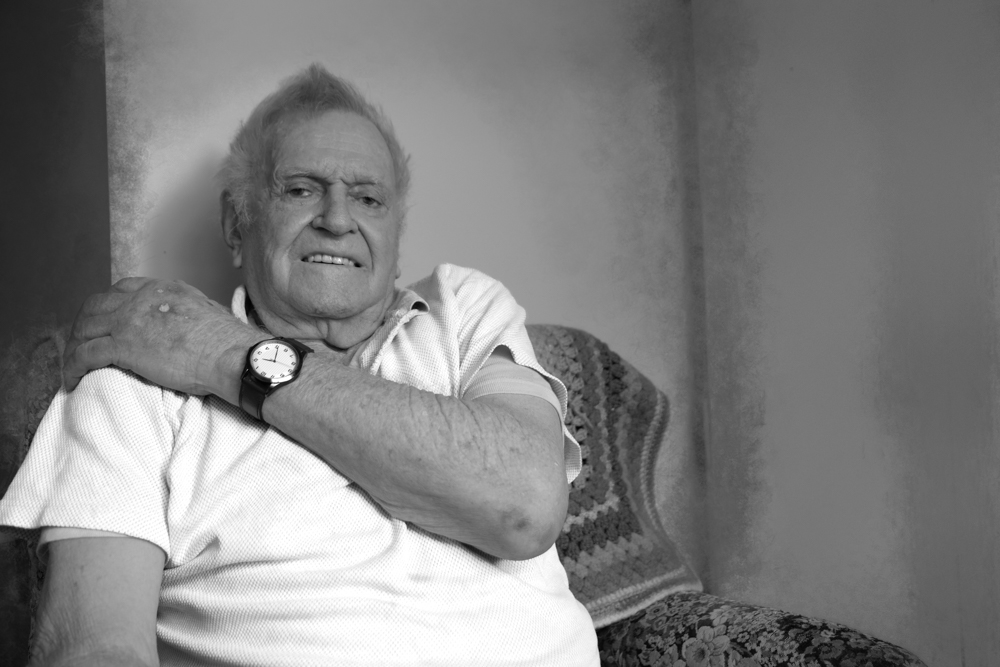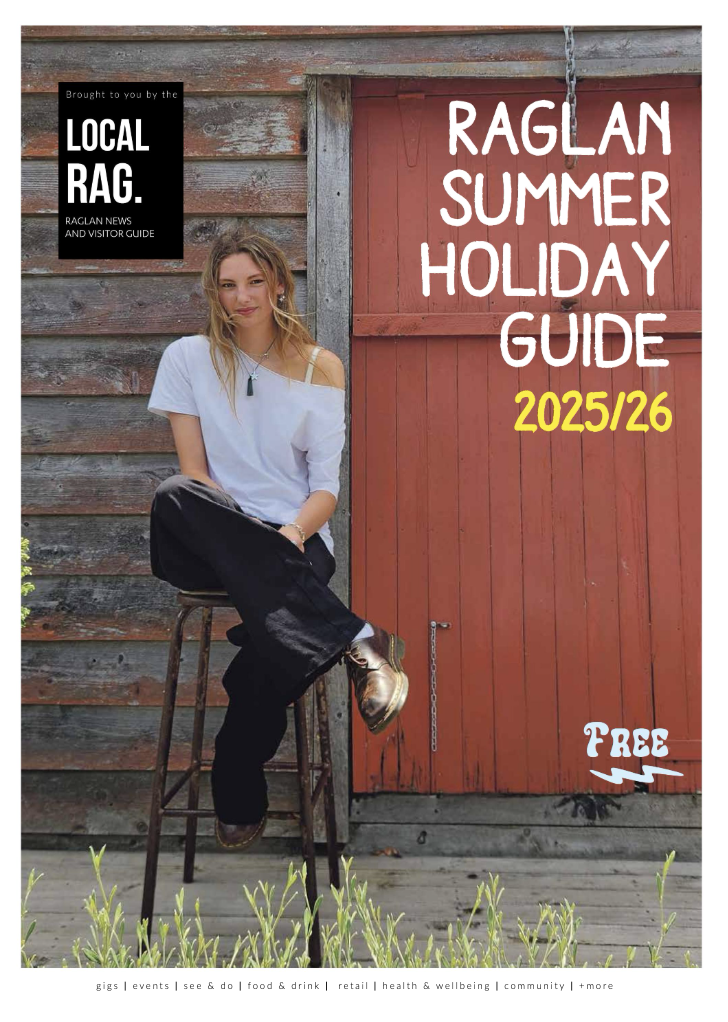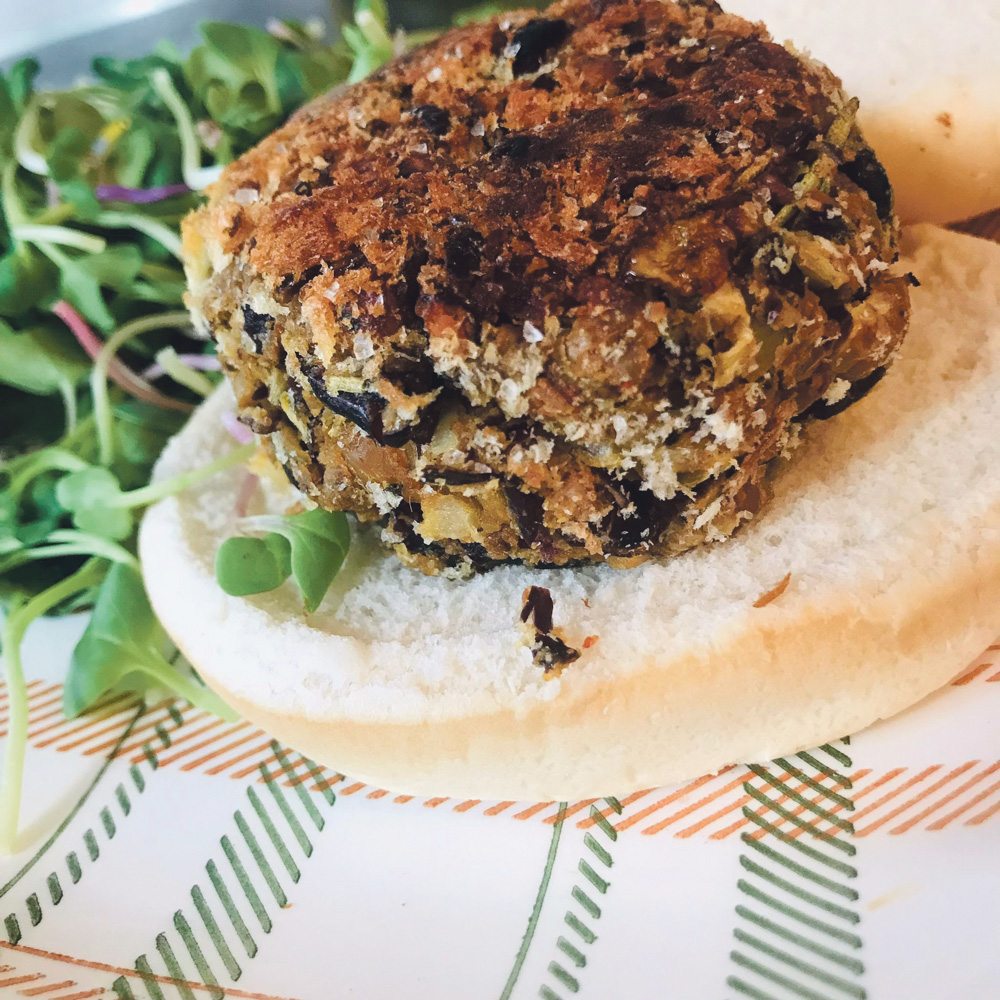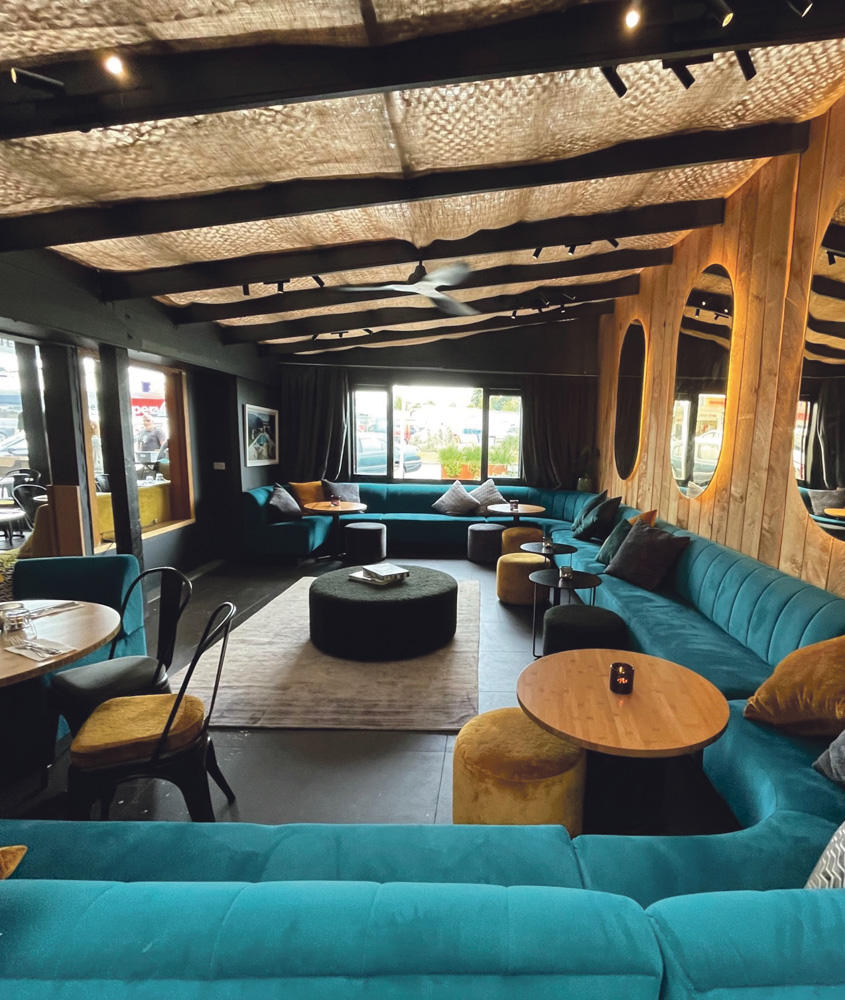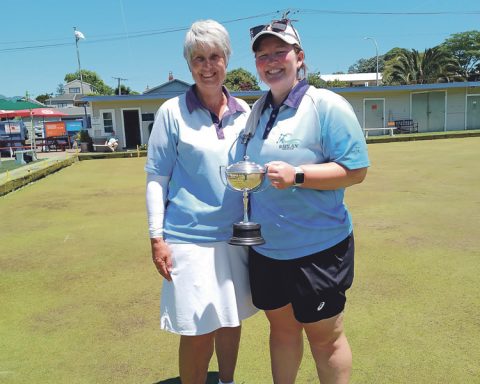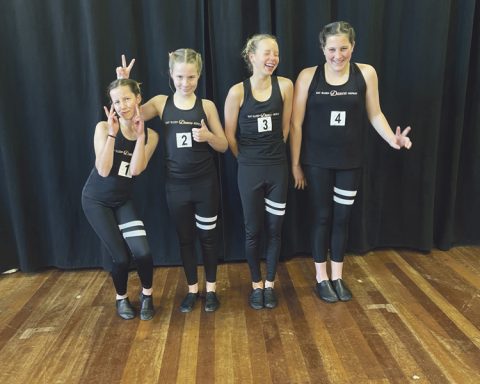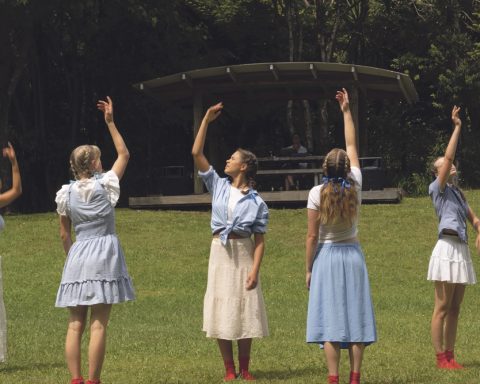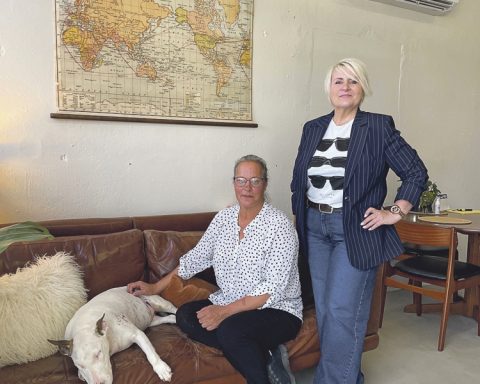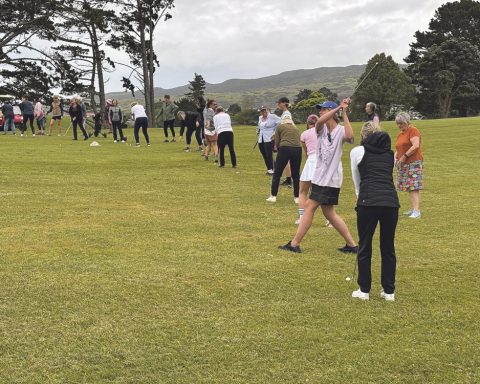Elisabeth Denis wants to tell the stories of the residents at Raglan Rest Home. She worked there a few years back and remembers how the residents had so much to tell when she had an extra minute of grace to sit still beside them and listen. Elisabeth wants to show up for someone every month and bring awareness to the community about caring for our elderly and appreciating their memories and wisdom.
When I entered room two, the space was clinical, lacking relics or decoration. A stationary bike was in the middle of it all and Trevor sat quietly on his chair staring out the window, a bright midday light pouring on his resting face. Through my squinting eyes, the first thing I noticed on him was his enormous dazzling watch. It was of importance in such a bare room, like an ostentatious symbol that made you stare and think he was a devotee of the clock.
Brought up on a farm in Opunake, he followed his father’s steps amongst cows and early sun rise labours on dairy farms right after high school. By the age of 22, he got badly hit by a bull which vandalised his insides and he suffered an important loss of blood for over 2 years. His entrails were seriously affected: the chance of having children dwindled, his right ribs were shards of bones, repetitive bladder infections were deflating his mood and motivation, and his shoulders were just as wrecked as everything else. What bothered him most was his inability to drive. A foot on the pedal with windows down was a remedy to clear his mind, a quiet road to remember the power of the wind that led to the volcanic black sand beach and natural rock pools.
As soon as he was able again to push the key and hear the engine without the ancient screams of an aching body, he fed his desire to the fullest. Wanting to chase back the wasted years, he bought a new car and stuck a taxi label on it, and his first business was born just like that. Not limited to his own vehicle, he also drove ambulances.
Hitherto, he still remembers at least 200 cases of heart attacks unfolding urgently right behind his back. It was hard to keep his focus forward when hearing life and death battling behind him. The racing hearts only turned out to beat again, one after the other. Death felt uncomfortably close at times but it never happened in his truck; a halo must have been flying upon the boxy yellow thing. After 2 years of holding his breath while praying for the ones laying in a litter, he opted for a less dramatic environment with NZ Couriers for the 15 years that followed.
His life was spent in mileage. Millions of miles, he claimed. 600 kilometres from Opunake to Auckland and back was a normal day of work. Sometimes even 900 kilometres a day. He favoured the night drives with highways as empty as a cemetery after dusk. His headlights smoothly glided on the gravel like quiet lanterns held in an inhabited city. The silence grew nicely on him and he felt at peace with the quietness of the world around him.
In the ’70s, he moved to Hamilton and continued working long hours as a courier driver. His day started at 4pm on the high seat of his work truck: he would get to Auckland depot, pick up packages, head to the airport and load an airplane that went to Wellington and another that went to Christchurch. The route was done in reverse only for him to switch to his personal station wagon and deliver databank documents in the night ranging from blood samples, to parliament documents and private documents. 160 keys weighted on a steel ring and 40 key cards were nicely packed in his bag to access all sorts of private buildings.
If he got 6 hours of sleep he was lucky; 4 hours a day was normal. He admitted never taking any vacations in his life. It was all about results, beating the clock and making money. The goal was to buy a big farm, which he did eventually – 90 acres close to Waitetuna river with about 100 cows, goats and bulls.
Every day after coming back home from a day on the road he’d tell himself: I made it tonight, I’m still alive after 600km, and that was a result in itself.
